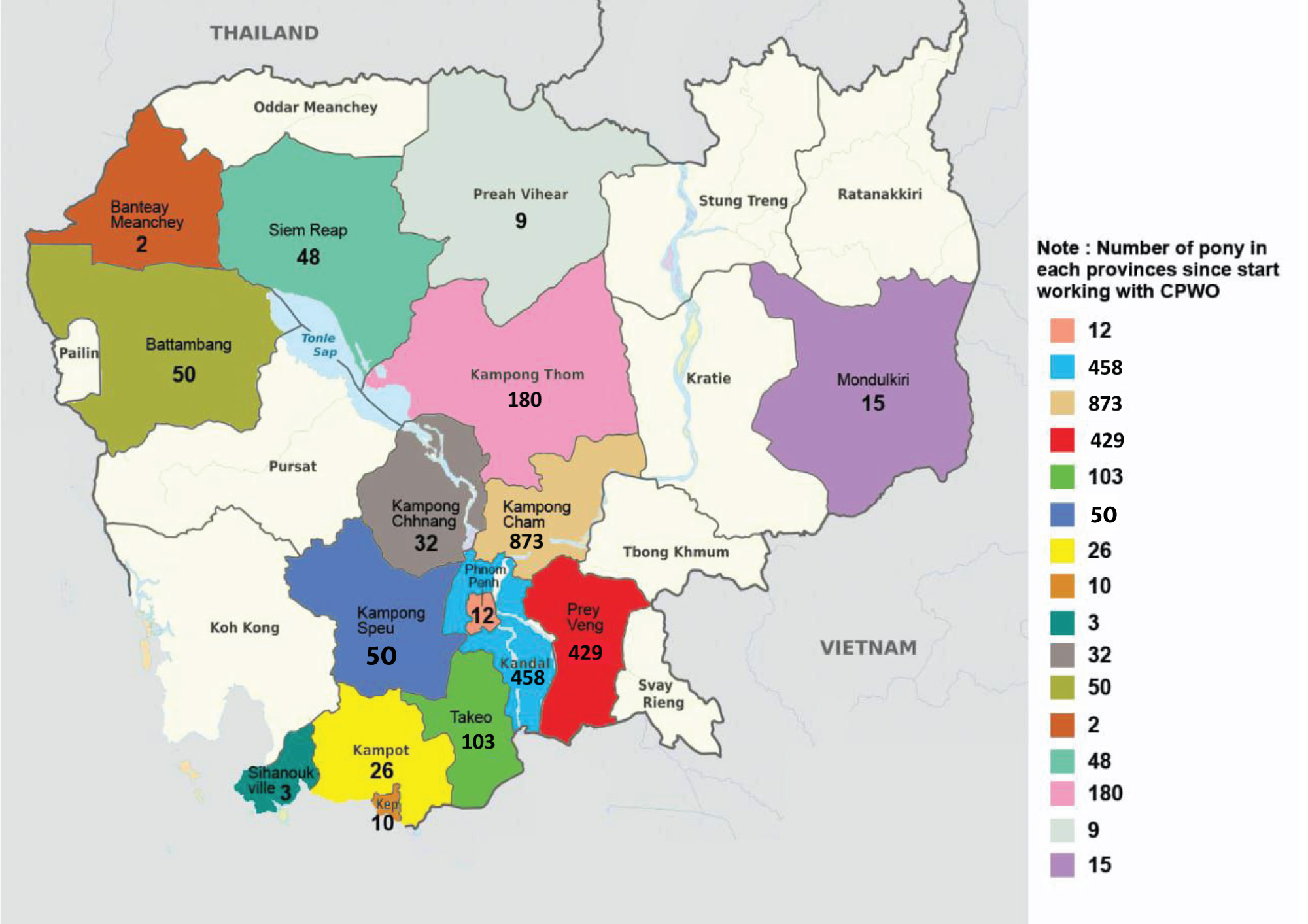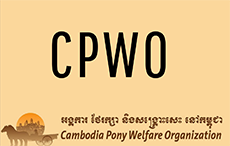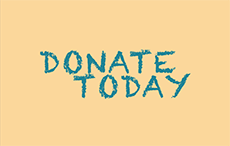Description
Achievements
Since 2007, we have performed the following:
- Pony owner: 1592
- Pony: 2300
- Community: 99
- Horse farm and club: 26
- CPWO consult and treat: 2984
- HBC:504
- Village vet trainee: 49
- Village vet workshop:20
- Student Vet trainee:652
- Facilitator and Contact person: 89
- Farrier: 21
- Farrier workshop:30
- Saddler: 17
- Saddler workshop: 12
- Best pony reward:9
- Continue professional developing: 27
- Worming and case prevention: 14485
- Laboratory checking: 1292
- Community Base Equine Advisor (CBEAs) and Trained Local Service Provider (TLSP): 65
Desease Prevention
Deworming
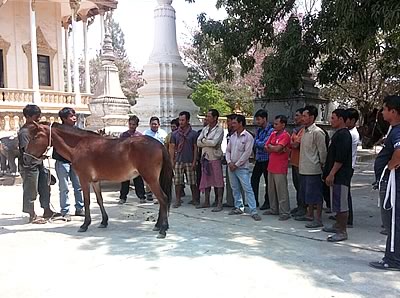 Deworming (sometimes known as worming or drenching) is the giving of an anthelmintic drug (a wormer, dewormer, or drench) to an animal to rid it of intestinal parasites, such as roundworm and tapeworm. Purge dewormers for use in livestock are often formulated as a liquid that is squirted into the back of the animal’s mouth, as an injectable, or as a pour-on which can be applied to the animal’s topline. In horses, purge dewormers are most commonly formulated in an oral paste or gel form, but a liquid drench form is often used by veterinarians. Daily or continuous wormers are also commonly used in horses.
Deworming (sometimes known as worming or drenching) is the giving of an anthelmintic drug (a wormer, dewormer, or drench) to an animal to rid it of intestinal parasites, such as roundworm and tapeworm. Purge dewormers for use in livestock are often formulated as a liquid that is squirted into the back of the animal’s mouth, as an injectable, or as a pour-on which can be applied to the animal’s topline. In horses, purge dewormers are most commonly formulated in an oral paste or gel form, but a liquid drench form is often used by veterinarians. Daily or continuous wormers are also commonly used in horses.
Nutritional Supplements
Ponies and horses are not natural inhabitants of the tropics therefore keeping them in a tropical climate and on available feedstuffs is a challenge. Mineral and electrolyte supplements along with proper feeding and watering guidelines is routinely provided to pony owners by our veterinary team. Calcium and electrolytes are available through the the mobile clinic.
General Care
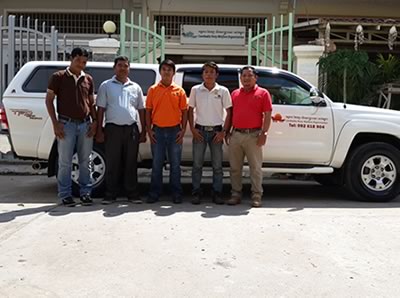 Proper care of working ponies requires attention to the animal’s nature and welfare. CPWO routinely advises and provides hands on training in grooming and cooling down practice, good handling as well as proper restraining techniques.
Proper care of working ponies requires attention to the animal’s nature and welfare. CPWO routinely advises and provides hands on training in grooming and cooling down practice, good handling as well as proper restraining techniques.
Mythbusting
Many pony owners treat and care for their animals with passed on knowledge and unproven remedies. It is part of our work to decrease the use of such methods and introduce sound knowledge and treatments through our visits and consultations.
Education
![]() the most powerful tool of our organization is education. The expanse of the country and amount of animals used is far too many to provide necessary veterinary treatment. But through our seminars, workshops and training courses we can improve pony welfare. Our education program includes:
the most powerful tool of our organization is education. The expanse of the country and amount of animals used is far too many to provide necessary veterinary treatment. But through our seminars, workshops and training courses we can improve pony welfare. Our education program includes:
3.1 Pony Owner seminars: provides information to owners on proper feeding and care of ponies and a question/answer forum.
3.2 Community facilitator workshop: is designed as an empowering tool for community members to look after the welfare of their ponies through dialogue and interactive exercises. The community facilitator then works with people in their own community to change behavior and attitudes that impact negatively on animal welfare.
3.3 Farrier workshop: is a hands on series of workshops for local farriers to transform their method of trimming shoeing which is a major source of lameness issues and poor welfare for working ponies.
Veterinary Treatment
![]() on each routine visit many cases requiring veterinary treatment will be presented or detected and cared for. Emergency calls that are within reach of our mobile unit is also seen. However, more importantly we aim to find ways for the pony owners to prevent such incidences.
on each routine visit many cases requiring veterinary treatment will be presented or detected and cared for. Emergency calls that are within reach of our mobile unit is also seen. However, more importantly we aim to find ways for the pony owners to prevent such incidences.
- Wound care
- Abscess
- Skin conditions
- Respiratory diseases
- Eye problems
- Hoof problems
Where do we intervene
